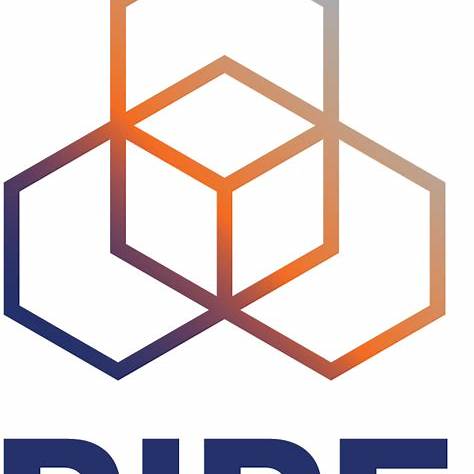ICANN issues request for proposal for quality control of the 2026 New gTLD round
ICANN has launched a public request for proposal to appoint an independent quality control provider for evaluations under the 2026 New gTLD Program.

ICANN has launched a public request for proposal to appoint an independent quality control provider for evaluations under the 2026 New gTLD Program.

Nominations for the Internet Corporation for Assigned Names and Numbers’ Community Excellence Award close on 8 January 2026, recognising sustained contributions to ICANN’s multistakeholder model.

The Ministry of Electronics and Information Technology has asked X to remove obscene material linked to the misuse of its AI service Grok and to comply with India’s IT Act and intermediary rules.

China’s National Cybersecurity Standardisation Technical Committee has launched a public consultation on a draft practice guide setting out a data security capability maturity model for industrial enterprises.

The Indian government has formally classified key customs and tax digital systems as Critical Information Infrastructure under the Information Technology Act, strengthening legal protections for platforms central to customs clearance and indirect tax administration.

A new briefing from the European Parliamentary Research Service explains how copyright rules in the European Union and beyond are grappling with generative AI. At the core of the debate is a simple but unresolved question. Can content created with the help of AI be protected by copyright, and if so, under what conditions?

A new California law requiring transparency around the training data used in generative AI systems will take effect on 1 January 2026. The measure introduces disclosure obligations for developers and marks a shift toward greater scrutiny of how generative models are built and updated.

France is preparing draft legislation that would prohibit children under 15 from accessing social media platforms, with the proposal backed by President Emmanuel Macron and expected to enter parliamentary debate in early 2026.

The Réseaux IP Européens Network Coordination Centre (RIPE NCC) has welcomed the adoption of the World Summit on the Information Society (WSIS)+20 Outcome Document by the United Nations General Assembly, describing it as a strong signal in support of multistakeholder cooperation, human rights–based digital development, and a secure and interoperable global Internet.

Poland has urged the European Commission to open proceedings against TikTok after AI-generated videos promoting Poland’s withdrawal from the EU circulated on the platform. Warsaw argues the case raises concerns about election interference and compliance with the EU’s Digital Services Act.